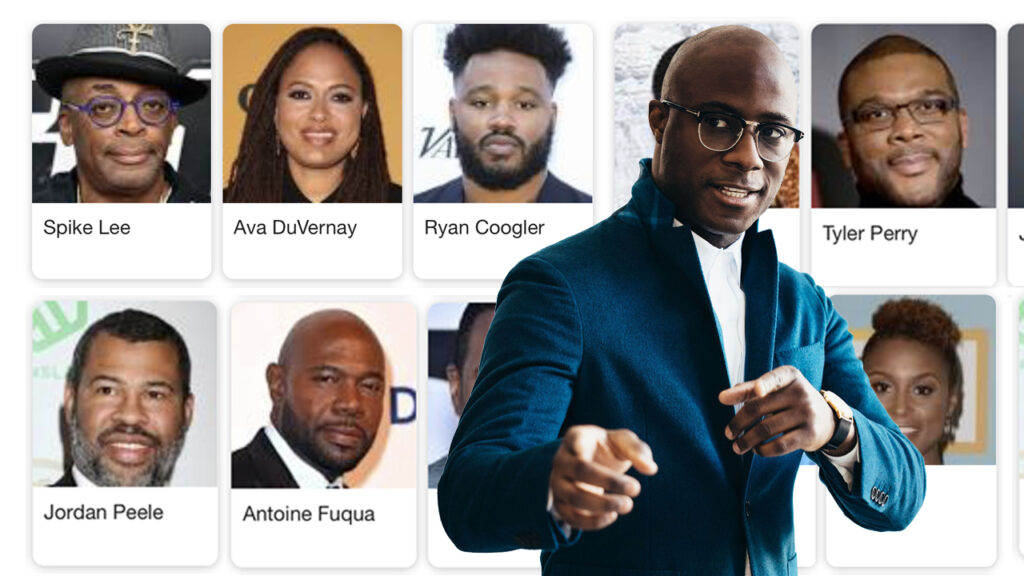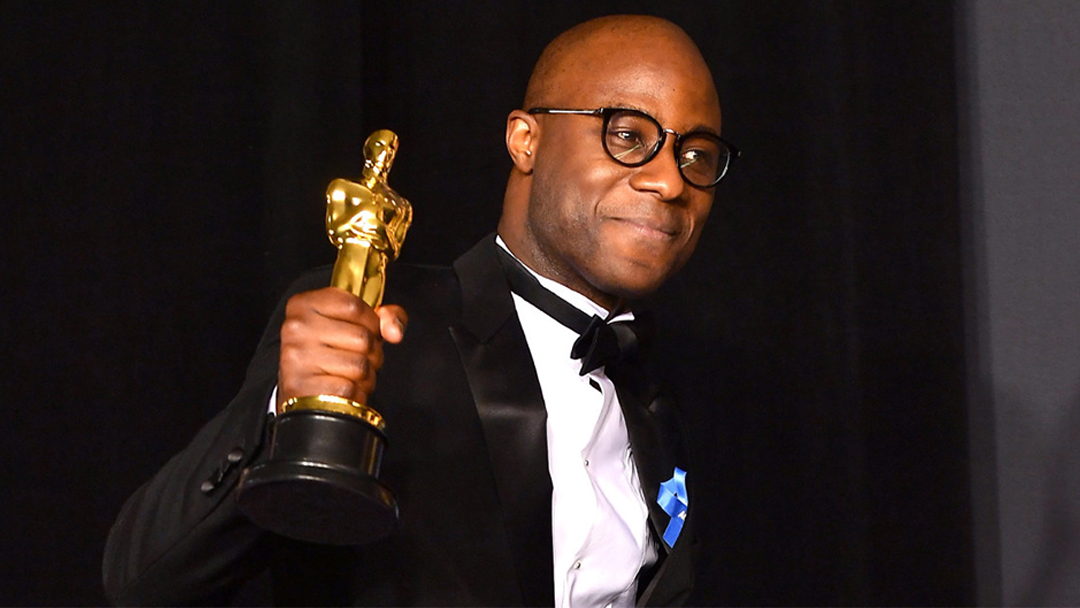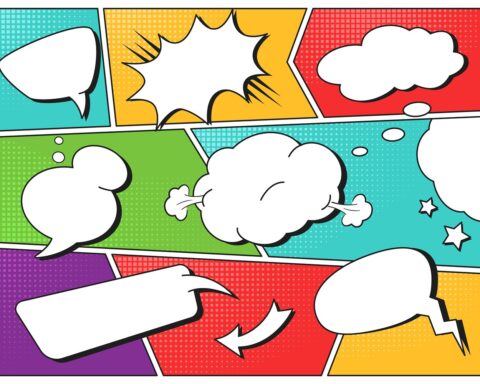Apparently, white people are more likely to know how to describe a “wolf run” than identify a Black film director. Considering we are inching towards the year 2020, and 1982’s Blade Runner featured a dystopian future including flying cars in its version of 2019, I’m shocked that this conversation still feels so…modern.
Because I am forever a fan of horror movies, I was beyond excited for Jordan Peele’s Us. I happily went to see it during its opening weekend. As the film’s intro scene came to an end, I felt like the admission ticket had been completely justified. The film’s introduction is so sensational that I immediately felt it would become iconic. Knowing the director was a Black man only sent more chills down my spine.
After leaving the theater, I took to social media to announce how much I loved Us. A friend direct messaged me saying how he’d wanted to see it as well. I let him know that I enjoyed it so much, I was willing to see it with him whenever he wanted.
Later that day, that same friend came over to my apartment for dinner. We began talking about Us and Jordan Peele in general. He kept calling Get Out “Let Go” and then asked a question that almost made me flip my dining room table.
“I mean…are there many other Black directors?”
There were tons of Black directors, I told him. He asked if he would know any films by “them” and I literally saw myself heading into my kitchen, grabbing a knife, and exacting my revenge. Was I really being asked to force-feed information so readily available with a few quick Google searches?

To a degree, I did.
I mentioned Barry Jenkins, pictured prominently above, who directed Moonlight and If Beale Street Could Talk. There’s Ava DuVernay who is the first woman of color to direct a live-action film with a budget of over $100 million for A Wrinkle in Time. John Singleton brought us actual classics like Higher Learning and Poetic Justice. We can’t forget Spike Lee, Hollywood’s long-suffering genius.
And then there’s Ryan Coogler. At only 32, Coogler has written and directed 3 massive films. 2013’s Fruitville Station, 2015’s Creed, and the biggest film of 2018, Black Panther. The latter was subsequently nominated for 7 Academy Awards and became the first superhero film to ever be nominated for Best Picture. Yet, Coogler’s name still remained unknown and foreign to my white friend.
When it comes to larger conversations around Blackness, this is equally true. Black people are often asked to hold the hands of white people. Teach them. Show them.
This ignorance is something I have experienced throughout my personal and professional life. I once had a boss who was shocked that I didn’t know some hippie band from the 70s. She was gobsmacked! Could not fathom how I didn’t know whatever band she was referencing.
I shifted the conversation as quickly as I could because all I wanted to do was ask her if she could name any song by Anita Baker or the Ohio Players. I wanted to ask if she even knew who Johnny Gill or SWV were. Something told me she wouldn’t have been able to score any points in my impromptu quiz.
Despite the surplus of Black creators, their work remains largely ignored by white people. Is it possible for them to see outside of themselves? Considering ‘manifest destiny’ dates back to the 1800s, I’m not so sure. Even still, Zadie Smith talks about how she wants readers to stop distancing themselves from “minority” characters just because of skin color. She simply
“This is your life. You live in it the way I lived in your books.”
Tayari Jones came to a similar realization when she forged forward by naming her 4th novel An American Marriage. She gave an interview with Seth Meyers (which is no longer available for some reason) where she remembers thinking that the phrase “an American marriage” called to mind white people. However, she had someone on her side that reminded her that her characters were married Americans and this was their story which, in turn, made it undoubtedly an American marriage. It didn’t matter that they were Black.
When I began thinking about how my future career as a bestselling author (speak it into existence!), I wondered where my books would be placed on a physical bookshelf.
LGBT? African-American? Fiction?
I see the value in these distinctions but when the time comes, you better believe I’ll be making a case to be put on the more visible, trafficked shelf slotted in-between the likes of Alice Walker (no relation) and David Foster Wallace.
As a creative, I’m not interested in force-feeding you a “Black” narrative. I’m simply interested in sharing stories that have been born from my own mind. I’m working on a group of manuscripts and, yes, all of the lead protagonists are people of color. Some are gay, too! Some aren’t. Regardless, they will live how I see fit and if you can’t “imagine” the world where they exist, that’s not my problem. It’s simply that your imagination has failed you.
That just might be the greatest tragedy of all.



